TESTBED
Collaborative platform to discover and solve challenges in urban and local areas and in corporations related to “lifestyle” and “mobility”
Collaborative platform to discover and solve challenges in urban and local areas and in corporations related to “lifestyle” and “mobility”
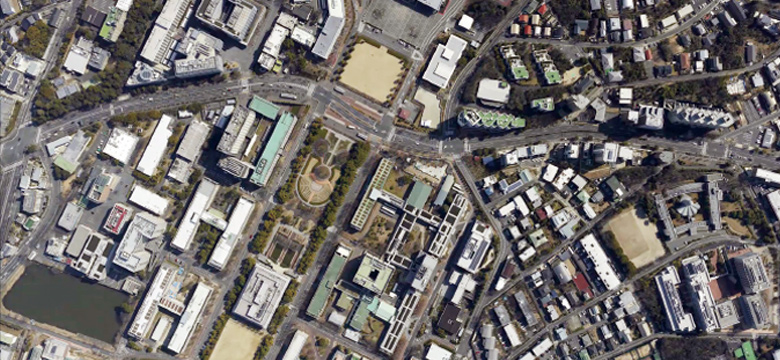
TMI’s testbeds are a platform to test a variety of services and applications in real cities and facilities in collaboration with local municipalities and private corporations. The target field is the real world, which is packed with various elements related to lifestyle.
Testbeds investigate diverse targets from micro to macro. For example, the target can be a single element such as an elevator within a facility to a factory, an entire commercial facility, or a whole city. TMI testbeds can identify numerous issues hidden in urban and local areas using the generated data. To discover challenges and identify solutions, society and TMI are seeking to build a collaborative system across disciplines and gather diverse knowledge such as “science and arts” and “universities and corporations/municipalities.”
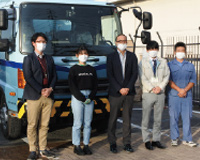
In Nagoya City, Aichi Prefecture, TMI has a human flow sensing project. Data is collected using installed WiFi packet sensors centered around Higashiyama Zoo and Botanical Gardens, which is one of the largest parks in Japan. In Nisshin City, Aichi Prefecture, TMI has an urban sensing project that gathers the status of garbage collection and environmental data via sensors mounted on garbage collection trucks in collaboration with the municipal government. TMI plans to continue building testbeds to discover issues and to conduct verification testing in a variety of situations related to “lifestyle” and “mobility” in collaboration with municipal governments and private corporations.
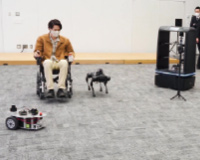
The “Nagoya Experimental Site and Testbed” (Robot NEST), a testbed for autonomous mobile robots, can evaluate diverse robots to be utilized in the same space. It facilitates hands-on testing and research on diverse applications of future mobile robots not only on the same flat surface but also in vertical mobility linked to an elevator. TMI offers infrastructural support necessary for verification testing and data collection such as robots and wireless communication equipment (local 5G).
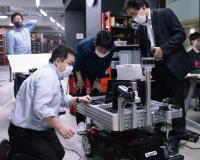
By combining state-of-the-art research at the University with onsite experiences of private corporations and local municipalities, we expect to discover and solve a variety of challenges related to “lifestyle.” For example, we have ongoing educational and research activities related to the optimization and automation of warehouse tasks in collaboration with a private corporation. Such activities link infrastructure sensing and autonomous mobile robots. New projects can be created to satisfy the needs of private corporations and local municipalities.

There are testbed sharing initiatives around the world. For example, TMI is involved with Urban Technology Alliance (UTA), an international organization that provides cityscale testbeds to its global community and promotes smart city solutions. We strive to actively share initiatives and knowledge, and to collaborate with private corporations, municipal governments, and academic institutions not only within Japan but also overseas.
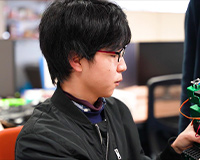
Students can experience teamwork and collaboration with students from different fields by learning about cutting-edge mobility-related technologies and developing technologies as a student team through educational programs using the testbeds. By tackling real-world issues, TMI allows students to learn at the intersection of “selfinterest and social demands” and foster their personal growth.

Testbeds are designed to support humans and society. Consequently, knowledge and experience beyond the disciplinary boundaries of arts and science are indispensable. TMI allows the faculty and students participating from a wide range of fields to share and complement their views, which leads to the discovery of problems and innovative solutions.